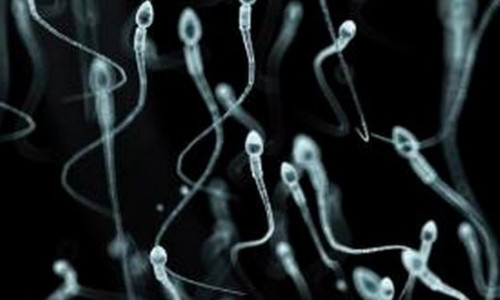The first ever biological robots that are powered by sperm have been created by scientists in Germany. Oliver Schmidt and colleagues at the Institute for Integrative Nanosciences in Dresden, Germany, have managed to trap single sperm cells inside metal nanotubes and remotely control their direction using magnets
The spermbot was created using a 50-micron-long microtube, which was used to capture the sperm cell, leaving its flagellum—the tail that propels the sperm—outside. Then they used a magnetic field to control the direction of the metal tube, pointing the sperm into any the bearing they wanted.
Research leader, Oliver Schmidt said that sperm cells were an “attractive option” because they are harmless to the human body, do not require an external power source, and can swim through viscous liquids.
Eric Diller at the University of Toronto, Canada said that although it is hard to get micro-robots to swim as fast as biological cells this type of hybrid approach could lead the way in making efficient robotic micro-systems.
Story Source:
The above story is based on materials provided by Newscientist.
Image: Sciepro/Science Photo Library





